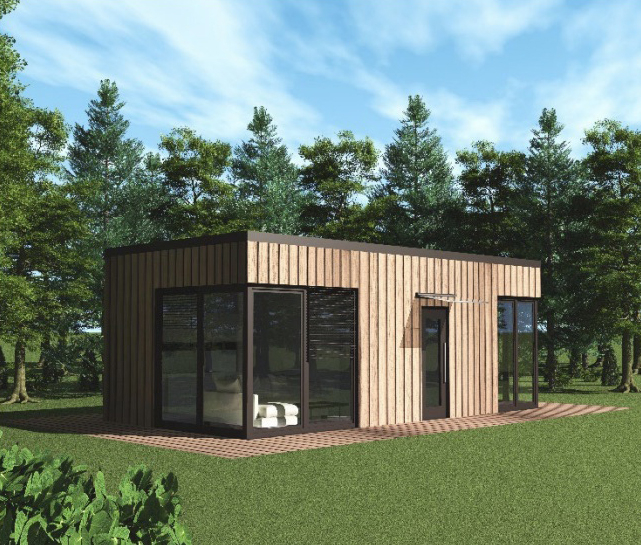The Atherton City Council has been looking at adjusting service fees with an eye toward giving property owners incentives to help the town expand housing over the next several years per state requirements.
But at the same time, the council seeks to recover as much as possible the costs that the town absorbs in providing a service when they exceed the fees actually charged, amounting to a subsidy.
"We're trying to incentivize (but) recoup as much as we can from things that are not in our line of what we want to promote," Mayor Diana Hawkins-Manuelian said during the council's regular meeting Wednesday, Jan. 17.
That night, the council focused on fees related to ADUs (accessory dwelling units) as part of a review of charges that people pay the town for planning, building and engineering services.
ADUs and so-called junior ADUs, or smaller versions of such structures, figure into a long-range plan called the housing element that the town has been working on since 2022 to get state certification.
The town is aiming for 35 new ADUs a year under the state Regional Housing Needs Allocation (RHNA) program for the current 2023-31 cycle. Overall, the town must plan for 348 new housing units — a significant increase from the 93 RHNA allotment called for during the previous eight-year period.
"I think there are policy decisions that the council should make about incentivizing our residents to do things that are environmentally impactful and to build ADUs and JADUs to meet our housing element requirements," Vice Mayor Elizabeth Lewis said.
Her council colleagues agreed.
"I do believe we should use the fees in certain areas to, like we've talked before, encourage development (that are) following processes," Council member Bill Widmer said. "We need to make sure that we do that."
Among the fees the council zeroed in on Wednesday night were those pertaining to ADU and JADU planning permits.
A consultant's study recommended setting the planning permit fee for ADUs at $2,516 and JADUs at $778, according to a town staff report.
However, the council supported charging nothing in either case. But those who do not comply with the town's setback standards would pay $1,722 for the ADU planning permit, according to City Manager George Rodericks.
For fences, the council favored a fee of $675 instead of the study's recommendation of $986.
But for landscape screening, the council preferred going from $389 to $518.
"I don't think that's a big burden," Widmer said.
Raising certain fees brings "the money to cover the cost of things," he said. "Some of our fees need to be changed and brought into line."
Part of the reason behind the suggested fee increases now is that the town did not make previous adjustments over a period of time, Rodericks said. "But number two, the processes for processing applications have become far more complicated in the last 10 years."
Council member Stacy Holland noted that the town is exploring ways to improve those procedures. "The staff is working on it, reviewing our process to see if there are ways that we could streamline it," she said.
Addressing the council, resident Carol Flaherty described the experience of taking out building permits as "an unreasonable, burdensome process with review after review. It's ridiculous."
Flaherty also suggested that the council get additional community feedback on the proposed fee revisions before it considers their adoption.
"I urge you to defer this to the next City Council meeting to give people that actually have some knowledge a chance to actually provide some input," she said.
The council did decide to continue its review of the fees to Feb. 21.



Comments